After the merger, Da Nang became the largest city in Vietnam, consisting of 94 commune-level administrative units, including 70 communes, 23 wards and Hoang Sa Special Zone.
The People's Committee of Da Nang City has appointed Ms. Le Thi Bich Thuan, member of the City Party Committee, Director of the Department of Education and Training of Da Nang City (formerly) to hold the position of Director of the Department of Education and Training of Da Nang City.
Appointed 4 Deputy Directors of the Department of Education and Training, including: Mai Tan Linh; Tran Nguyen Minh Thanh; Pham Tan Ngoc Thuy; Nguyen Hoang Nam.
Variety of school types
One of the bright spots of the city'seducation in recent times is the network of schools planned in accordance with the national education system, meeting the scale, requirements of urban development and the learning needs of all people, of all ages in the area.
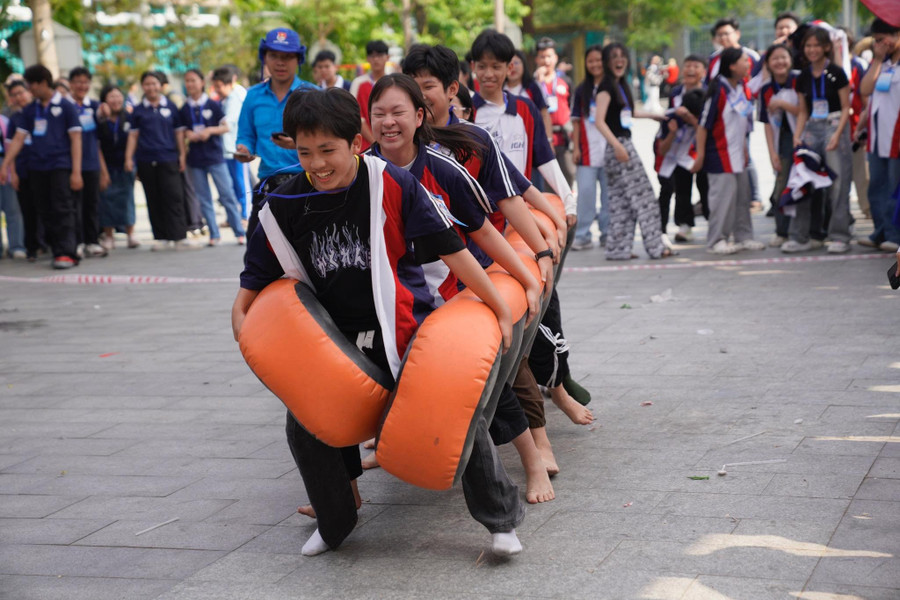
According to statistics, Da Nang City (old) has 393 educational institutions, including 197 preschools, 99 primary schools with 106,517 students, 60 secondary schools with 76,233 students, 34 high schools with 38,061 students; 3 continuing education centers with 5,320 students.
As of June 2025, Quang Nam Province (old) has 723 public schools (225 kindergartens, 227 primary schools, 217 secondary schools and 54 high schools), 1 Provincial Continuing Education Center and 70 private schools (62 kindergartens, 1 high school and 07 general schools with many levels) with a total of 12,600 classes and 378,640 students. The total number of managers, teachers and employees in the whole sector is 29,111 people including 1,766 managers, 22,161 teachers and 5,184 employees.
The team of managers and teachers basically ensures quantity and structure; the number of teachers meets high standards, adapting quickly in implementing the 2018 General Education Program.
Educational institutions have been proactive and flexible in developing school education plans, subject teaching plans, and educational activities suitable to actual conditions on the basis of ensuring goals and contents that meet the requirements of the 2018 General Education Program; organizing many teaching and educational activities to develop students' capacity and qualities; diversifying learning methods, enhancing life skills education; having many new and creative models to improve quality and comprehensively develop students.
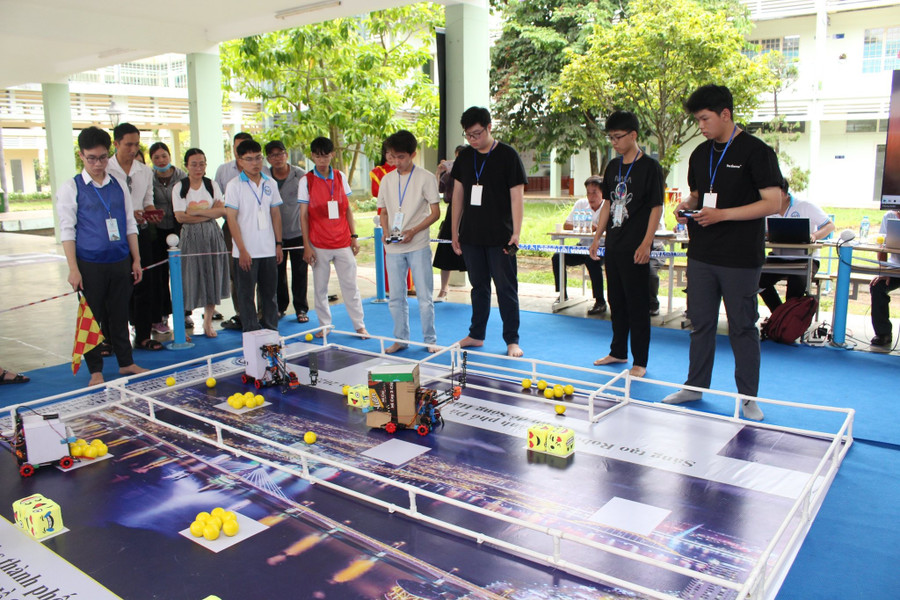
Before the merger, the Quang Nam Department of Education and Training reviewed and arranged schools, school locations, and classrooms in conjunction with the arrangement of management staff, teachers, and education staff for the 2029-2030 school year. By the 2029-2030 school year, the province is expected to have 726 public kindergartens and primary schools; reduce 1 kindergarten, 1 primary school, increase 1 secondary school, 1 high school, and establish 1 new primary school and secondary school.
The Department of Education and Training of Da Nang City (old) is implementing the Project on Building, Upgrading and Expanding Schools for the 2021-2025 period. The project aims to build, upgrade and expand the school network by the 2025-2026 school year with a scale of 452 units and schools with about 339,315 students. The initial investment capital for the project is 4,399 billion VND for 5 years, excluding compensation and clearance costs. In the 2021-2025 period, 43 new schools will be built.
To achieve the goal, the project solutions mentions to expand the network, develop the scale of education and training towards diversifying types; arrange educational facilities, merge small primary and secondary schools; ensure land area for building educational and training facilities.
Metropolitan Higher Education Center
Before the merger, Da Nang had 61 vocational training institutions; nearly 20 universities and higher education institutions, contributing to the supply of human resources for the labor market of the city, the Central Highlands region and the whole country.
On February 27, 2025, the Prime Minister signed Decision 452/QD-TTg approving the planning of the university education network until 2030, with a vision to 2050. The plan is to form 4 major University Education Centers in 4 urban areas: Hanoi, Da Nang, Ho Chi Minh City and Can Tho, in which the University Education Center of Da Nang urban area is built on three pillars: Hue University, Da Nang University and Duy Tan University.
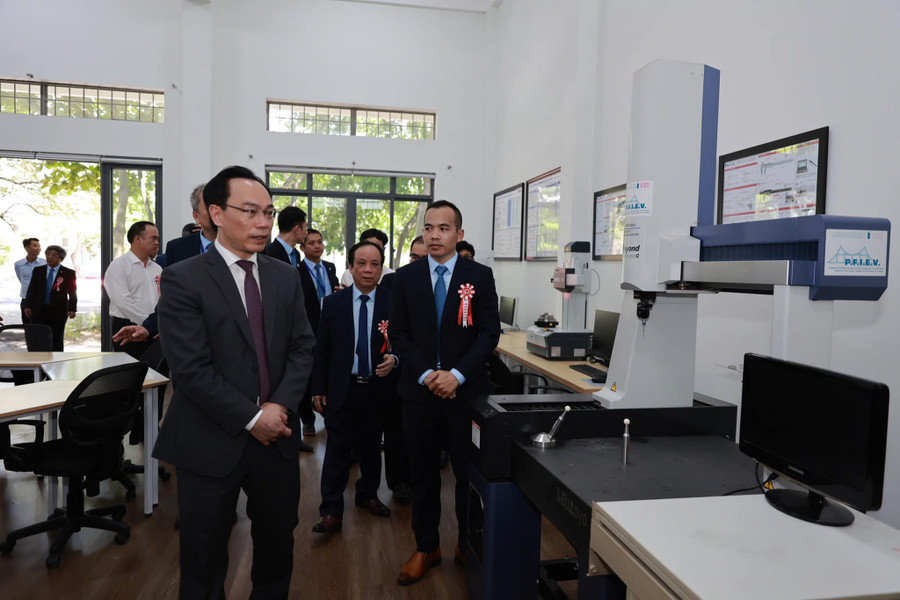
Danang University alone has nearly 2,600 staff and lecturers (an increase of 6 times), including 127 professors and associate professors (an increase of nearly 10 times), 758 doctors of science (an increase of more than 16 times); the proportion of lecturers with doctoral degrees is 48%, of which the University of Technology is more than 70%, the national average is 32%. Thanks to the quality of lecturers, Danang University has now developed into a multidisciplinary, multi-field university, with a training scale among the top in the country, affirming its brand with nearly 55,000 full-time students, trainees, and international students (an increase of 8.5 times) with 136 undergraduate majors, 48 master's majors, and 32 doctoral majors.
Danang University develops into a national university with a research orientation, focusing on training high-quality talents and postgraduate training associated with scientific research and innovation, implementing national strategic tasks; prioritizing the fields of basic science, engineering, technology and some other key fields... The project to build Danang University in Hoa Quy - Dien Ngoc is being implemented with a total investment of over 117 million USD, equivalent to over 2,767 billion VND.
Duy Tan University is the first non-public higher education institution to become a university. Over the years, the unit has cooperated with leading universities in the US to "import" training programs such as: Cooperating with Carnegie Mellon University (CMU) to implement international standard programs in Software Technology, Information Systems and Network Security; cooperating with Pennsylvania State University to train programs in Business Administration, Accounting, Finance-Banking, Hotel and Restaurant Tourism; cooperating with California State University at Fullerton and Cal Poly, San Luis Obispo (CSU-CalState) to train in Architecture-Construction; cooperating with Purdue University to implement Electrical-Electronics and Mechatronics majors. Cooperating with Hue University, Hue Central Hospital, Da Nang Hospital, ... and a series of major universities such as the University of Pittsburgh (UPitt), University of Illinois at Chicago (UIC), Duke - NUS Medical University (Singapore), ... to train specialized majors in Health Sciences at Duy Tan University.
Recently, the Ministry of Education and Training decided to merge the existing Da Nang College of Culture and Arts into Da Nang Vocational College and change its name to Da Nang College.
Regarding the headquarters of commune-level agencies after the reorganization, Quang Nam has a large surplus. It is expected that the surplus headquarters will be converted into police headquarters, military command headquarters, commune-level health stations, city-level agencies and units, preschool, primary and secondary education facilities (including use as public housing for teachers in mountainous areas), cultural and sports facilities for residential blocks, and community activities.
Source: https://Giaoducthoidai.vn/xay-dung-da-nang-thanh-trung-tam-Giao-duc-dao-tao-cua-khu-vuc-post738655.html








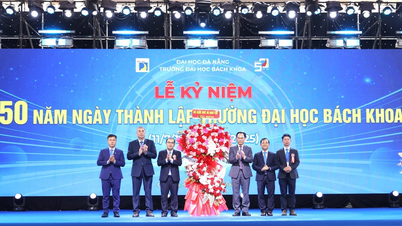





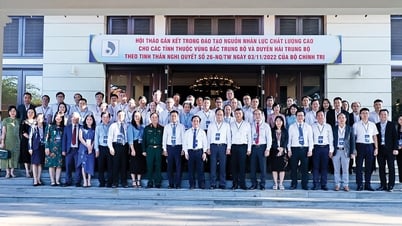








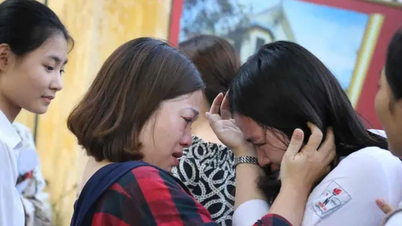






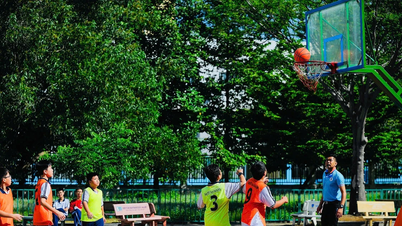



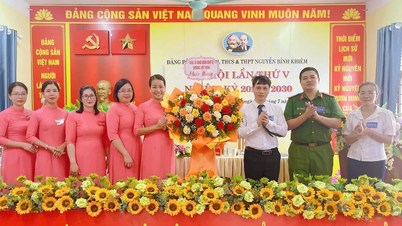




















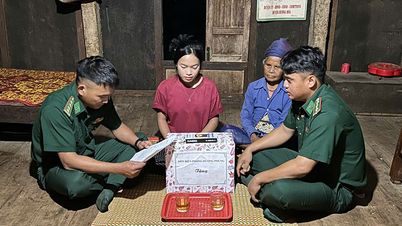
















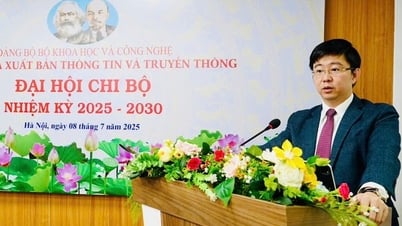




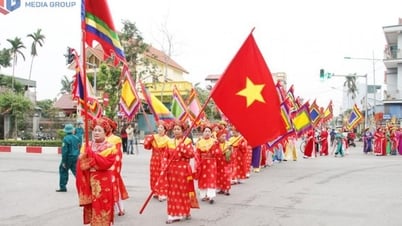
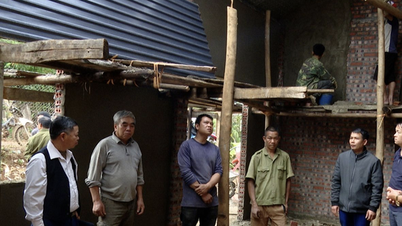



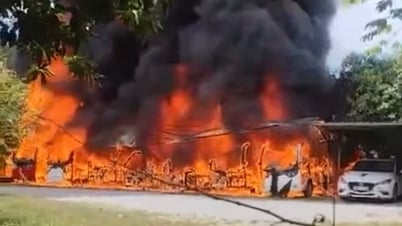




















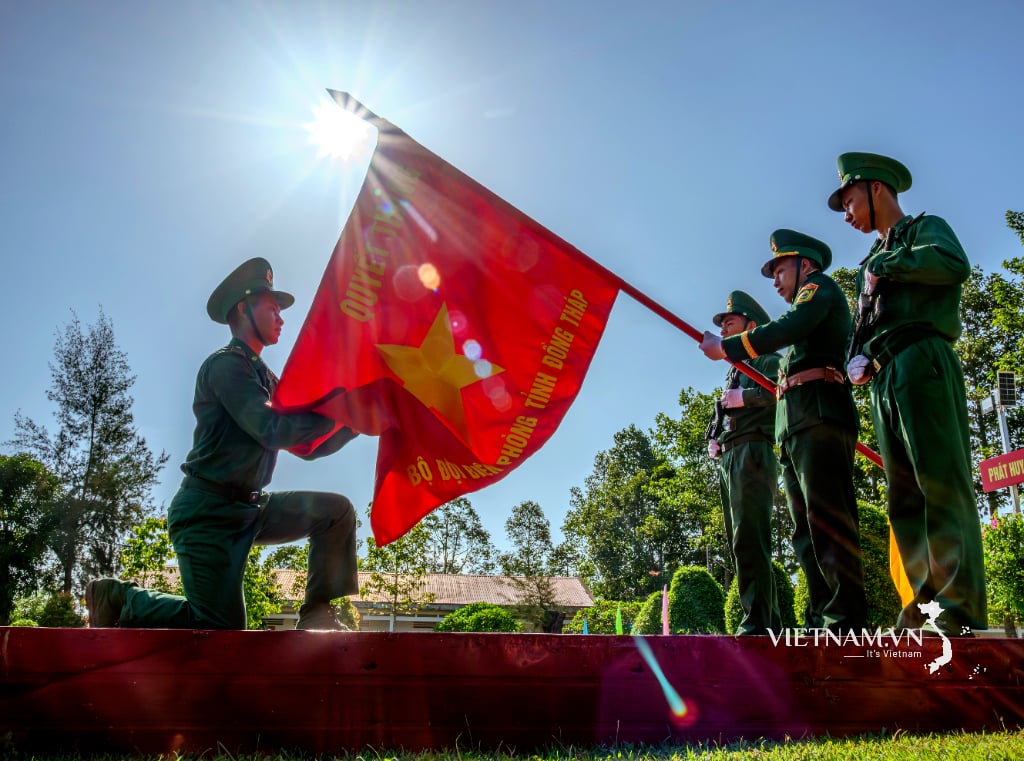
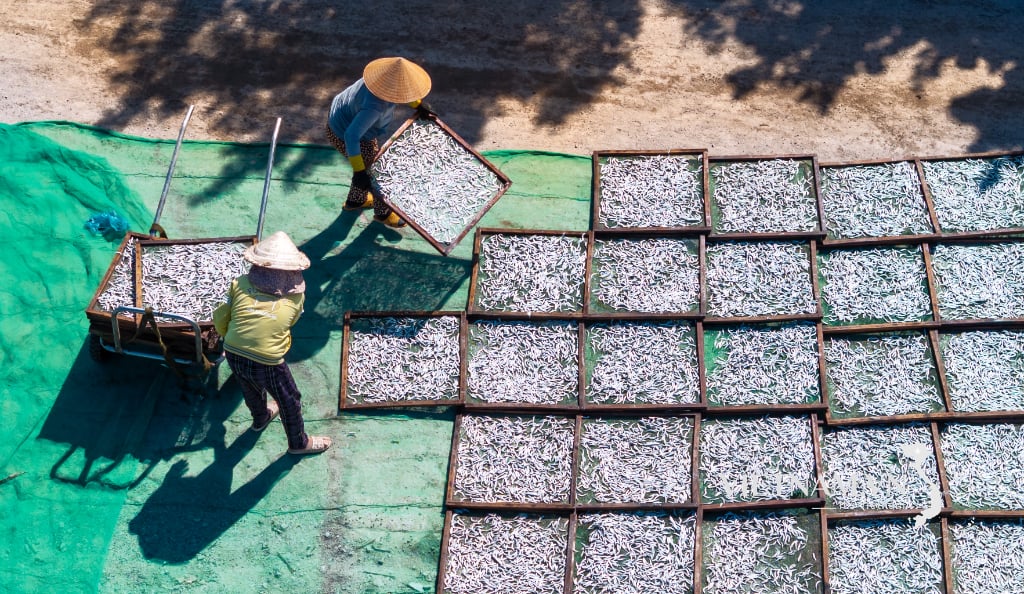
Comment (0)